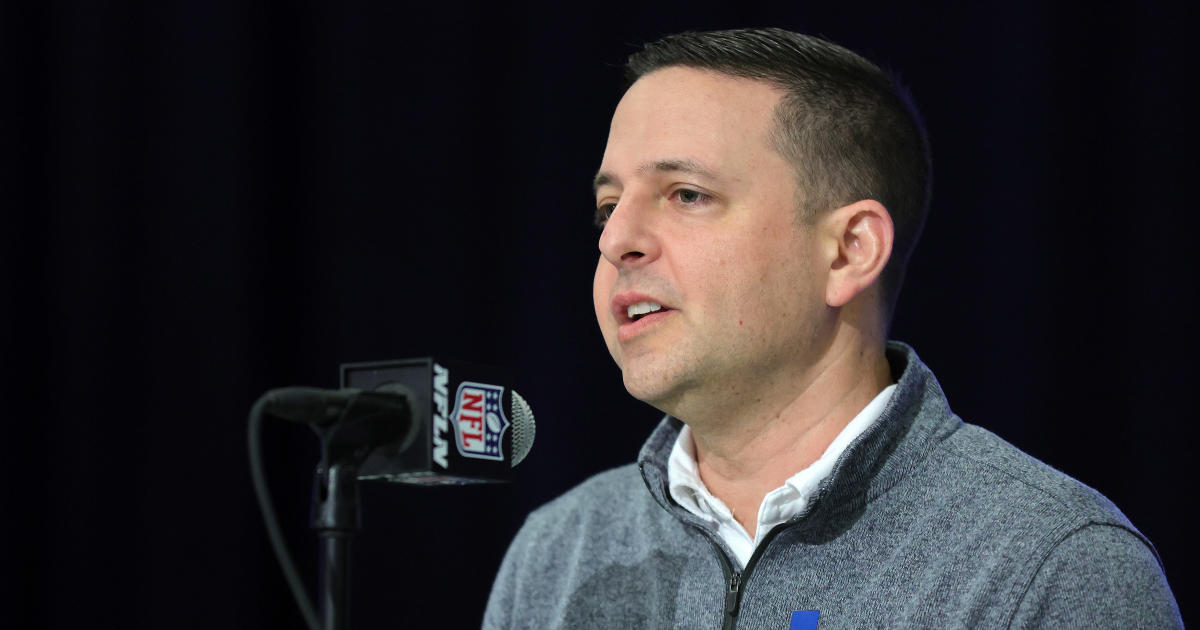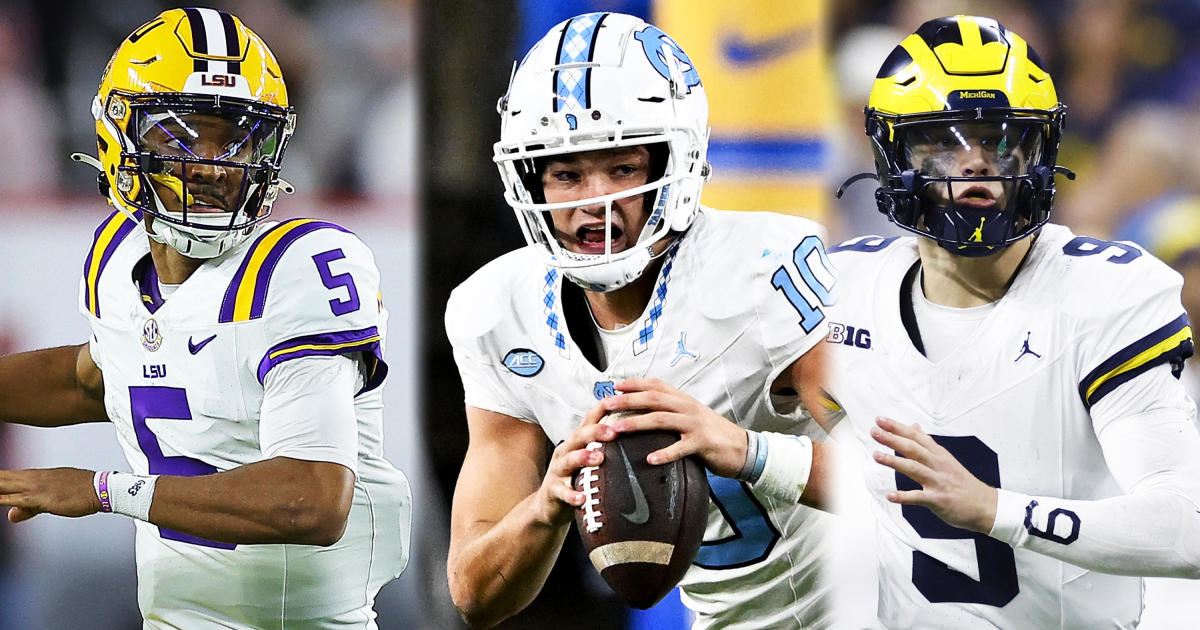NFL Accuses New York Times Of Sensationalistic Reporting In Latest Concussion Story
By Michael Hurley, CBS Boston
BOSTON (CBS) -- On Thursday morning, The New York Times dropped a semi-bombshell on the NFL with a story about how the league cooked the books, so to speak, when it came to reporting concussions in studies from 1996 through 2001.
By Thursday afternoon, the NFL had a response, and it was strong.
"Today's New York Times story on the National Football League is contradicted by clear facts that refute both the thesis of the story and each of its allegations," the NFL's statement read. "Since learning of the proposed story, the NFL provided the Times with more than 50 pages of information demonstrating the facts. The Times ignored the facts."
The league took particular issue with the Times' insinuation that the NFL received some advice from Big Tobacco in terms of dealing with the budding concussion crisis.
"In 1992, amid rising concerns about concussions, [Preston] Tisch — the Giants and Lorillard part owner — asked the cigarette company's general counsel, Arthur J. Stevens, to contact the NFL commissioner at the time, [Paul] Tagliabue, about certain legal issues," the report stated. "Mr. Stevens was not just any tobacco lawyer; he was a member of the industry's secretive Committee of Counsel, which helped direct tobacco research projects. In a letter obtained by The Times, Mr. Stevens referred Mr. Tagliabue to two court cases alleging that the tobacco and asbestos industries had covered up the health risks of their products."
The high number of concussions which weren't included in the NFL's data from the six-year period resulted in published findings in 2003 which were based on faulty data. The Times quoted a neuropsychologist, Bill Barr, who used to work for the Jets: "By excluding so many concussions, Mr. Barr said, 'You're not doing science here; you are putting forth some idea that you already have.'"
The NFL's rebuttal made no mention of Stevens. Also, the NFL did not deny that former league president and COO Neil Austrian referred to Philip Morris as "an honorable company that sets high standards."
But the league did seek to clarify the record in several other areas. Among the NFL's claims:
--The collected data was never supposed to be considered complete or all-encompassing.
--The executive VP of the NFL (Joe Browne) reaching out for guidance from the Tobacco Institute's president (Sam Chilcote) was based on a prior relationship between the two, not Chilcote's role with the Tobacco Institute.
--The hiring of a lawyer who had worked for the Tobacco Institute against a claim from a smoker had nothing to do with her background in litigation involving tobacco.
The NFL then went on to accuse the Times of publishing a "sensationalized story" because the NFL has made many steps to improve concussion awareness and player safety in the years since 2001.
"We will continue to press both the Times and other media outlets to print facts, not innuendo and speculation. Today's piece, unfortunately, is very much on the latter side of that line," NFL PR chief Joe Lockhart and general counsel Jeff Pash wrote in a letter to team executives.
It's worth noting that the Times story had three authors -- Alan Schwarz, Walt Bogdanich and Jacqueline Williams. Bogdanich is a three-time Pulitzer Prize winner. He won the Pulitzer for national reporting in 2005 "for his heavily documented stories about the corporate cover-up of responsibility for fatal accidents at railway crossings" and the 2008 Pulitzer for investigative reporting "for their stories on toxic ingredients in medicine and other everyday products imported from China, leading to crackdowns by American and Chinese officials." Last year, Bogdanich was a finalist for the Pulitzer Prize for national reporting for "exposing preferential police treatment for Florida State University football players who are accused of sexual assault and other criminal offenses." He was also a 2011 finalist for the Pulitzer in investigative reporting "for his spotlighting of medical radiation errors that injure thousands of Americans, sparking national discussion and remedial steps."
Schwarz was a finalist for the 2011 Pulitzer for public service for his work "in illuminating the peril of concussions in football and other sports, spurring a national discussion and a re-examination of helmets and of medical and coaching practices."
Yet, the NFL has claimed that these reporters ignored facts in order to promote a "sensationalized" story.
While Pulitzer Prizes don't necessarily preclude a reporter from making an error, the credibility gap in this story is just too large to ignore.
Plus, the NFL did not care to dispute much of the facts of the story, notably that teams and doctors significantly underreported concussions in a period that was being used to collect data and that the NFL received some advice from attorneys or executives with experience in defending the tobacco industry. It is a story that may not have been "sensational" if not for the decades of denial from the NFL. But at this point, whether it's a major motion picture from Hollywood or a long-term piece of investigative journalism from the New York Times, there's no strongly worded statement that can ever remove the NFL from the bed which it made for itself.
You can email Michael Hurley or find him on Twitter @michaelFhurley.

